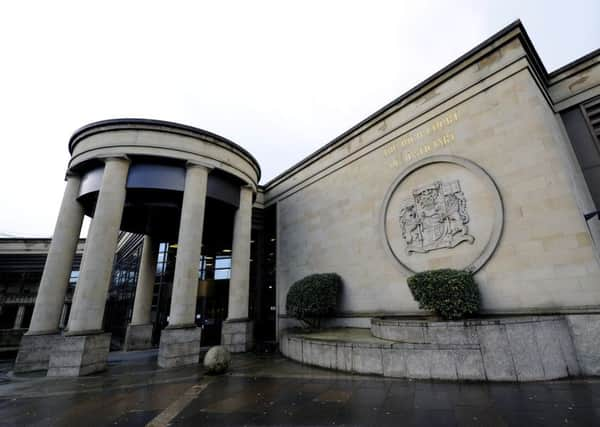'˜Radical digital transformation' of Scottish courts recommended


The Scottish Courts and Tribunals Service (SCTS) has called for technology to be installed in all courts to allow children and vulnerable witnesses to give evidence - and have it examined - without the pressures of the court environment.
The body said studies had found it can be “much more effective” to pre-record and test the evidence in a controlled environment, at a point in time as close to the incident as possible, including questioning by both prosecution and defence.
Advertisement
Hide AdAdvertisement
Hide AdThe SCTS said it was not proposing to remove the questioning of witnesses - which it described as a fundamental right for the accused as part of a fair trial - but wanted to offer more protection to vulnerable groups.
A report, titled Evidence and Procedure Review - Next Steps, also questioned the requirement for procedural decisions about a case to be made in open court and the need for an accused to attend personally at procedural hearings.
READ MORE: [http://www.scotsman.com/news/politics/alistair-carmichael-loses-court-battle-and-faces-150k-legal-bill-1-4024245: Alistair Carmichael loses court battle and faces £150k legal bill}
It called for a redesign of summary criminal procedures to take advantage of new technologies, with the creation of a ‘Digital Evidence Vault’ to store and manage evidence and information relevant to criminal cases.
It also called for a “more streamlined, digitally-enabled justice process, using digitised evidence as far as possible, controlled within a case management system, with the objective to minimise the need for face-to-face hearings in court”.
Eric McQueen, chief executive of the SCTS, said: “For too long it has been easy to describe our criminal courts as products of the Victorian age.
“Our task now is to bring them right into the 21st century, not by tinkering at the edges, but by radical digital reform to improve the quality of justice for all concerned.
“This report recommends that we use technology to allow children and vulnerable witnesses to give their evidence, and have it examined, out with the pressures of the court environment and to modernise the way we do business in summary criminal cases through a digital case management system.”